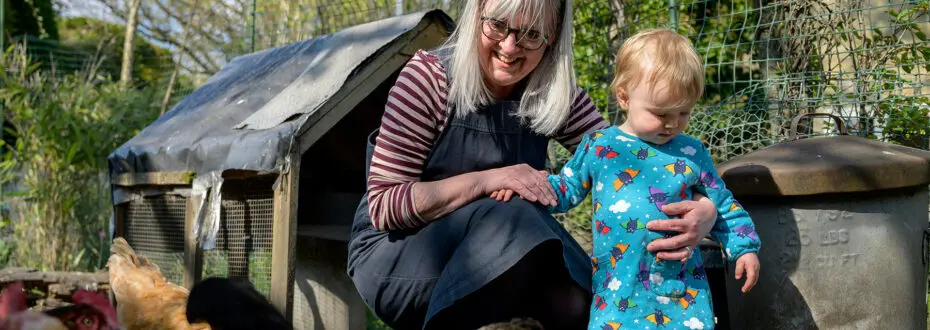In every part of the UK, the public’s mental health has been deteriorating in recent years. While this has been most marked among children and young people, it’s clear from all the evidence available to us that mental health and wellbeing are poorer now than a decade ago, and the sharp rise in mental distress that occurred during the Covid-19 pandemic has yet to subside.
While national governments in the four nations are ultimately responsible for taking actions to reverse this trend, local government, integrated care systems and health boards across the country are also in a pivotal position. We know that our mental health is ‘made in communities’ – the places we live, the people around us, our life experiences, our neighbourhoods, families, schools and workplaces. So it’s in these places where action to protect and promote mental health, prevent mental illness, and enable people to recover, happens.
At the heart of local action to build mentally healthier places and communities is a seemingly simple exercise: one that provides a fundamental foundation for everything else, yet is too often under-appreciated or taken for granted. That is the mental health needs assessment (MHNA). In England, every health and wellbeing board is required to have a joint strategic needs assessment (JSNA). A MHNA can either form part of a JSNA or be a free-standing document by itself.
As with a JSNA, an effective MHNA is a way of gathering evidence about the (mental) health of a local population, and how well the identified needs are currently being met by the public services available in that place. It describes both the wellbeing of the people in that place and the risk and protective factors that help or harm. It looks at trends over time, variations and inequalities within the population, and how the local area compares with others. It explores what services are available to address the needs people have, and where there are gaps in support. In these ways, it provides all the evidence necessary to direct resources to make the biggest possible difference.
Words, statistics and graphics on a page are not in themselves transformative. Too often, worthy documents gather dust on shelves (or websites) while the rest of the world continues unchanged. A good MHNA is much more than this. We recently updated our review of what makes an effective MHNA. It finds that where they work well, they do a lot more than documenting current needs and services. They are not so much a document as a process: a dynamic and ongoing way of engaging with communities to understand what makes a difference to people’s mental health and what is changing. They drive and guide activity and investment in the local area, spotlighting where it’s needed most and bringing people together to make the most of their often limited resources.
At Centre for Mental Health, we’ve been partnering with local councils, integrated care systems and combined authorities across the country to support this essential work. It’s helped us to learn a lot so far, and we’ve got more to learn still. We’re here to help local and system leaders to understand their mental health needs and the evidence about how best to meet them.
Looking to produce an effective mental health needs assessment? Find out how we could help







